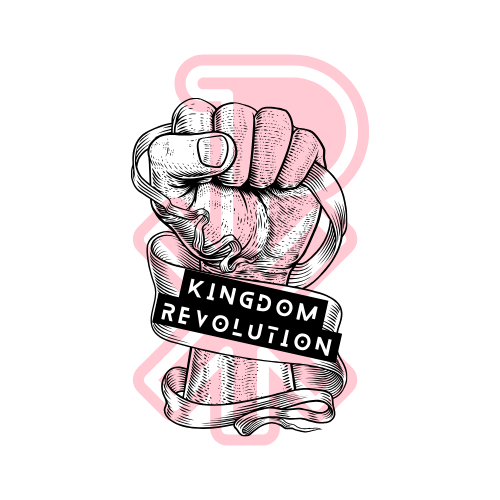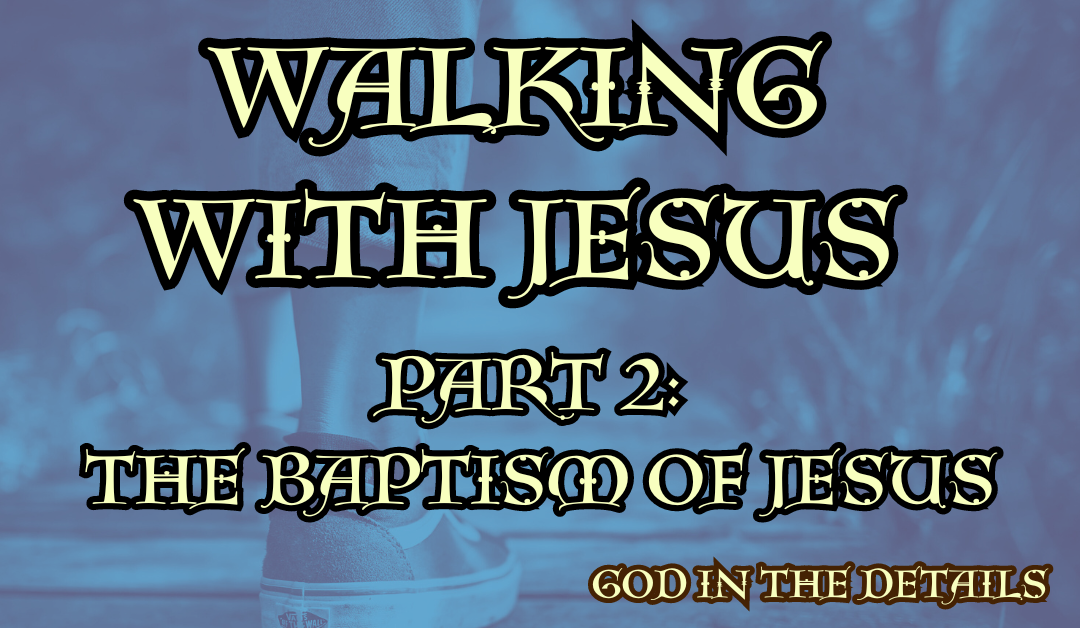“A voice of one calling:
“In the wilderness prepare
the way for the Lord;
make straight in the desert
a highway for our God.”
Isaiah 40:3, NIV
Mark begins his Gospel account by introducing us to a pretty radical, strange man, called John.
John the Baptist.
In Mark 1:3: says that John the Baptist appeared in the wilderness, preaching a baptism of repentance for the forgiveness of sins.
Mark describes John as wearing clothing made of camel’s hair with a belt of leather. This in itself seems wild enough – but when taken in context, we see a definite parallel with the appearance of Elijah (2 Kings 1:7-8:)
In addition to this both preached a message of repentance and turning back to God for forgiveness of their sins.
There are other interesting similarities. For example the fact that both had their lives sought by wicked queens (1 Kings 19, Matthew 14), ate food provided by God in the wilderness (Mark 1:6, 1 Kings 17), confronted idolatry (1 Kings 18, Luke 3), and both lived in the wilderness and ministered near the Jordan River.
The most important similarity between them, however, is that each in his own right was the only acting prophet of the Lord when the began their ministries.
In 1 Kings 18:22 we read: Then Elijah said to them, “I am the only one of the Lord’s prophets left, but Baal has four hundred and fifty prophets.”
And in Luke 1:76-79: “And you, my child, will be called a prophet of the Most High;
for you will go on before the Lord to prepare the way for him…”
John the Baptist starts his ministry after more or less 400 years of prophetic silence, following the death of Malachi. This silent period is known as the ‘Intertestamental Period’.
Suddenly, after 400 years, God anoints his servant to speak again! God anoints this wild-man prophet to prepare the way for the coming of Christ and His Kingdom.
The water baptism of John was a new thing – a unique thing. David Guzik shares the following thought: “Baptism was already practiced in the Jewish community in the form of ceremonial immersions but typically it was only among Gentiles who wished to become Jews. For a Jew in John’s day to submit to baptism was essentially to say, “I confess that I am as far away from God as a Gentile and I need to get right with Him.” This was a real work of the Holy Spirit.”
The baptism of John in the wilderness was a prophetic reflection of the new movement God was birthing in the world – a preparing of the ground – the preparation of their hearts to receive the Gospel of Jesus Christ.
The first purpose of his baptism therefore was to prepare the way for Christ.
The second purpose of the baptism was to reveal Christ. (Mark 1:9-11).
At the Baptism of Jesus we read that the Heavens were torn open. The same verb is used to describe what happens to the Temple Veil when Jesus gives His last breath upon the cross.
The author Don Juel shares his impression: “What does the tearing mean? It may mean, as interpreted in the Letter to the Hebrews (esp. chapters 9-10), that we now have access to God: We can “have confidence to enter the sanctuary by the blood of Jesus” (Heb. 10:19). Viewed from another perspective, the image may suggest that the protecting barriers are gone and that God, unwilling to be confined to sacred spaces, is on the loose in our own realm. If characters in the story find Jesus’ ministry threatening, then they may have good reason. The imagery has enormous power to shape imagination and to open readers to the story. That is, Mark’s narrative is about the intrusion of God into a world that has become alien territory — An intrusion that means both life and death.” (Donald Juel, A Master of Surprise,)
It is here, in verses 9-11, that we see that God has stepped into our realm of flesh and blood. That God Himself has come to work on our behalf – to prepare a way for us towards salvation – God Himself has come to prepare the way of reconciliation – and to show us this way.
God Himself is taking action.
And He wants to take action in your life today.
Reflect:
- John came preaching a message of repentance. The Gospel as a whole is focused on repentance – on turning away from the world, and towards Him. Is there any area of your life that requires a turning towards God today?
- What do the words “God on the loose” awaken in you? What would it look like to have “God on the loose” in your life? What would it look like to have “God on the loose” through you? How will this affect and reflect in your life today?
Prayer: Lord, I want to invite you today, through Your Holy Spirit, to move in me and through me. If there is anything in my life that is out of order, anything that should be removed – any area of my life that needs to turn towards You, show me and give me the wisdom to act – let no stone be left unturned. And as I turn, wholly and fully towards You, let my life be a reflection of the life You gave – direct me in all my ways and ordain every step I take, so that the world might see You ‘on the loose’ in my life. In Jesus name. Amen.

